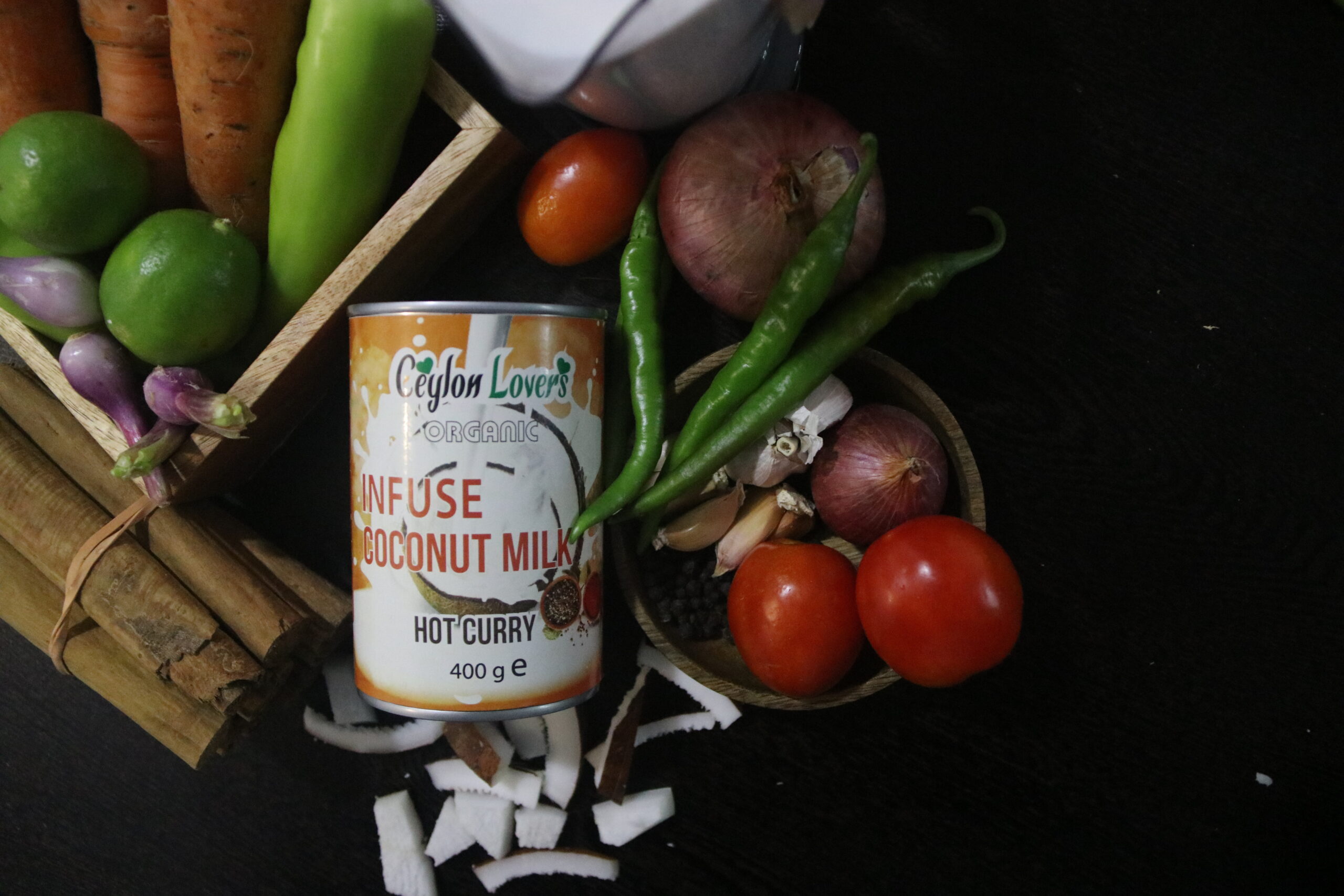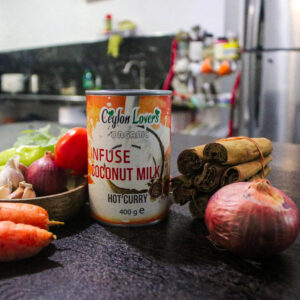Coconut, once primarily associated with tropical cuisine, has undergone a remarkable transformation in recent years, evolving into a symbol of innovation and sustainability. Beyond the culinary realm, coconut-derived products are making waves in industries as diverse as fashion, home goods, and even energy production. In this article, we’ll embark on a journey to explore the coconut revolution, shedding light on how this versatile fruit is breaking traditional boundaries and paving the way for a more sustainable future.
Coconut Fiber in Fashion
The strong and durable fibers extracted from coconut husks have found a new life in the fashion industry. Coconut fiber, often referred to as coir, is used to create eco-friendly textiles, including clothing, bags, and accessories. Its breathability and natural resistance to odors make it an appealing choice for conscious consumers seeking sustainable fashion alternatives.
Coconut Shell Home Goods
The hard shell of the coconut, once discarded as waste, has become a valuable resource in crafting sustainable home goods. From decorative bowls and utensils to eco-friendly cutlery and cups, artisans are transforming coconut shells into stylish and functional products, reducing the environmental impact of traditional materials.
Coconut-Based Activated Carbon
Activated carbon derived from coconut shells is gaining recognition for its effectiveness in water purification and air filtration. The porous structure of coconut-based activated carbon provides an efficient means of adsorbing impurities, making it a popular choice for environmentally conscious individuals seeking clean and purified air and water.
Coconut Biofuel and Energy
Coconut’s potential extends beyond consumer goods into the realm of renewable energy. The oil extracted from coconuts can be converted into biodiesel, offering a sustainable alternative to conventional fossil fuels. Some regions are exploring coconut biofuel as a locally sourced and environmentally friendly energy solution.
Coconut-Based Bioplastics
With the global push towards reducing plastic waste, coconut husks are being used to produce bioplastics. These biodegradable alternatives show promise in applications ranging from packaging materials to disposable cutlery, providing a sustainable solution to the plastic pollution problem.
Coconut Shell Charcoal for Agriculture
Coconut shell charcoal has found applications in agriculture as a soil conditioner. Its high carbon content improves soil structure and water retention, enhancing plant growth. As a by-product of coconut processing, this charcoal contributes to the circular economy by repurposing waste materials.
Coconut Coir for Construction
Coconut coir, in addition to being used in textiles, finds application in the construction industry. Mixed with concrete, coconut coir enhances the material’s strength and durability, offering a sustainable alternative to traditional construction methods.
The Environmental Impact
The coconut revolution is not just about innovation; it also addresses environmental concerns. By repurposing coconut by-products and utilizing them in various industries, this movement contributes to waste reduction, sustainable sourcing, and a more circular economy.
In conclusion, the coconut revolution demonstrates the incredible versatility and sustainability potential of this tropical fruit. From fashion to energy, coconut-based innovations are challenging traditional norms and offering eco-friendly alternatives. As consumers increasingly prioritize sustainability, the coconut revolution serves as a compelling example of how nature’s bounty can be harnessed for a more sustainable and innovative future.





